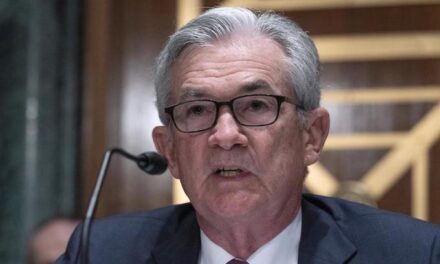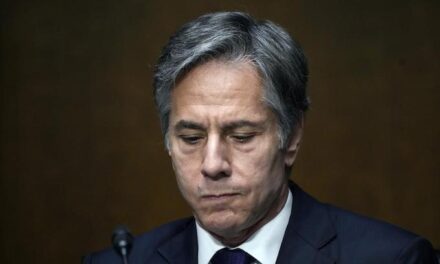Mayor Michelle Wu is looking to move the city toward banning gas hookups for new buildings — a significant change cheered by climate activists but jeered by real-estate pros who said it could hinder development.
Wu, joined by pols, activists and a remarkably large farm dog in front of City Hall on Tuesday, rolled out the proposal, which technically would be a home-rule petition that would have to be passed by the council and then Beacon Hill in order to give the city the option of opting into a new state program to limit natural-gas hookups.
“We need a policy that will provide cleaner air, lower energy costs, less carbon emissions, a better quality of life and so much more in terms of the possibility and potential for our residents,” Wu said, noting that some new buildings such as the Boston Arts Academy that’s soon to open in Fenway already are built like this.
The specifics would still need to be worked out, including what the limitations would be and what types of building the rules would cover.
Locally, municipalities including Brookline and Cambridge have implemented similar bans. Wu’s office cited other major cities including New York City and Seattle in taking similar steps.
Several of the parade of speakers characteristic to a Wu press conference looked to get ahead of the criticism that these requirements will cost people money and stifle development.
“We’ve been successful,” Patrick Haydon of the Haycon construction company, said of building “all-electric” buildings. “It works.”
Others, however, were less thrilled, including the Greater Boston Real Estate Board, which said it’s “deeply concerned” by this idea.
“Construction costs are already too high due to inflation and national supply chain challenges,” CEO Greg Vasil said in a statement. “Banning fossil fuels in new developments will only increase costs further. This ban would be especially problematic in a city like Boston, which produces huge levels of housing and is an economic engine for all development. Housing production is key to overcoming our state’s housing crisis.”
Wu, asked whether there will be tension between building housing and implementing the ban, said, “Nope. We’re going to accomplish all of these goals together. And in fact, making our new housing healthy for residents to live in, cheaper for them to live in because you don’t need to pay for utility costs that will attract even more families to be able to stay and afford to live in the city of Boston.”
©2022 MediaNews Group, Inc. Visit at bostonherald.com. Distributed by Tribune Content Agency, LLC.
—-
This content is published through a licensing agreement with Acquire Media using its NewsEdge technology.



















the liberal democrat destroys everything they touch and yet idiots still vote for them.
this country is doomed i guess they will ban candle light also.
Maybe candle light is all they will have up there, TO Light their homes with, the way they are going..
So crazy. Having always lived in a state where natural gas or propane is king for heating and many other uses, I was shocked when I learned years ago that it wasn’t used everywhere. It’s clean burning, it’s plentiful and it’s comparatively cheap. It makes no sense to not use it.
Gas is on the leftists hit list, right along oil and coal.
building “all-electric” buildings. “ ….. Huh?
#1. Unless it is created in a nuclear power plant electricity is created by burning some sort of carbon based fuel.
#2. Electricity is not cheap.
#3. How will you heat your home during a blackout after the electrical demand is more than can be produced?
#4 Our country’s electrical grid is vanerable yo foreign attack.
#5 So why would anyone want to be limited to only one form of energy??
……… Because they are Democrat Party’s “useful idiots”.
AND Electrical fires account for a LARGE # Of forest fires each year. I’ve yet to see/hear of a single one caused by natural gas.
Comrades, the Government CZARS will make all your choices. Sit back and comply. The CZARS know best. NO Thank you , I will and do make my own decisions.
The Czars are all, the Czars know all.. You vill comply… Da tavorisch..
Electric heat in New England in January is a non-starter folks! All this hysteria about gas heat, I recall that many homes had oil heat when I lived there as a kid. Oil burns much dirtier than gas, but you don’t hear the climate wack jobs trying to get rid of oil.
Energy costs through the roof and a housing crises? The mayor has a great plan to make it all worse. It’s perfect!
Any American, living or dead, who voted for one of these Leftist clowns deserves to suffer for their beliefs by living in their own ….mess.